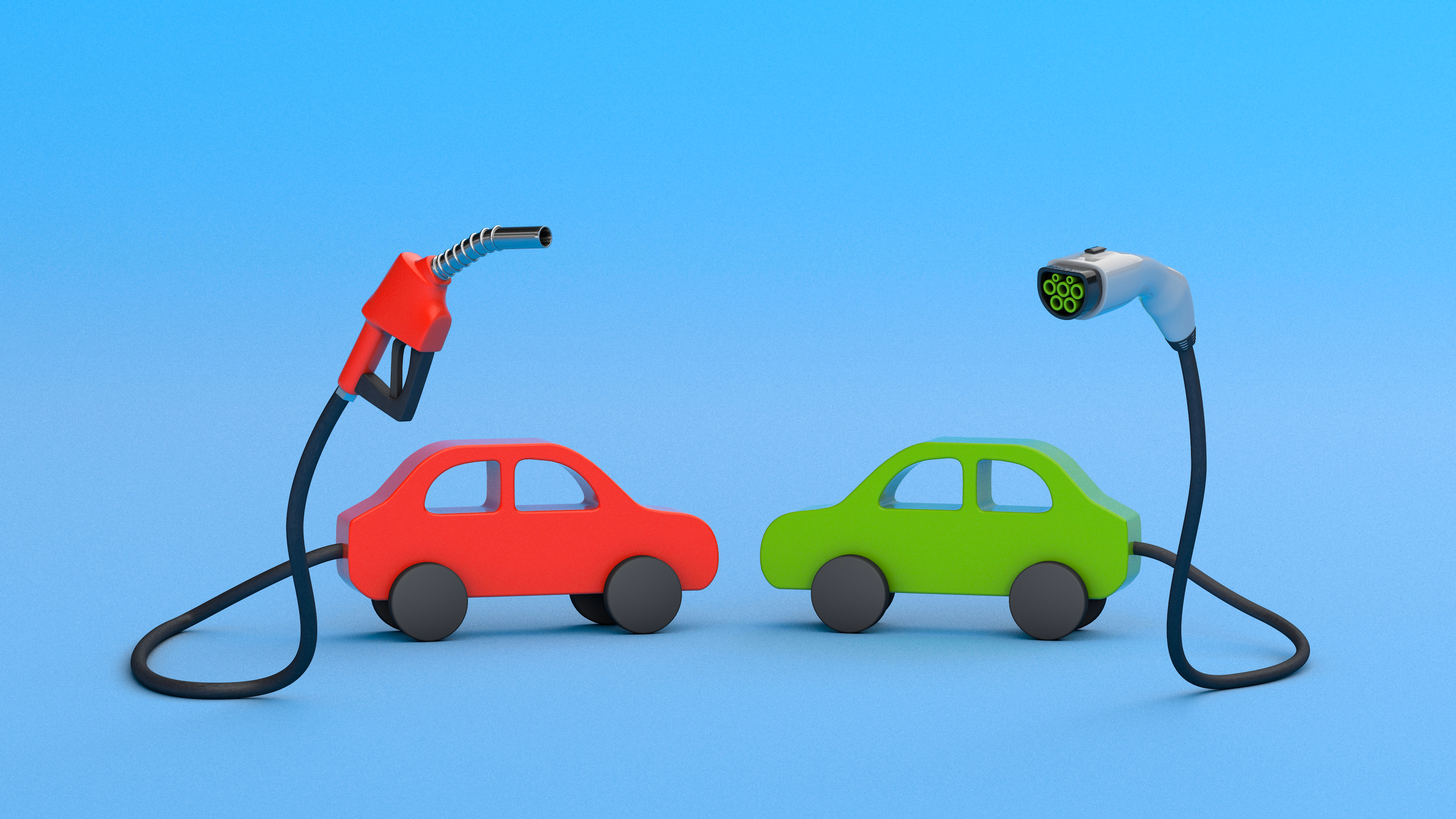What’s the Difference Between Electric Vehicles and Petrol Vehicles?
A brief comparison between electric vehicles and petrol vehicles
Electric vehicles (EVs) and petrol vehicles (also known as gasoline or internal combustion engine vehicles) are two types of vehicles that are currently available on the market. While both types of vehicles serve the same purpose of providing transportation, they have several key differences.

1. How They Are Powered
One of the biggest differences between EVs and petrol vehicles is how they are powered. Petrol vehicles rely on petrol to power an internal combustion engine, while EVs are powered by electricity stored in batteries. This means that EVs produce zero emissions while driving, while petrol vehicles release harmful pollutants such as carbon monoxide and nitrogen oxides into the air. This makes EVs a more environmentally friendly option as they do not contribute to air pollution and climate change.
2. Cost of Ownership
Another difference between EVs and petrol vehicles is the cost of ownership. While the initial purchase price of an EV may be higher than that of a petrol vehicle, the cost of operating an EV is typically lower. This is because the cost of electricity is typically less than the cost of petrol, and EVs also have fewer moving parts and require less maintenance than petrol vehicles. Additionally, the government also offer tax incentives and other financial incentives for those who purchase EVs, making them more affordable for consumers.
However, the EV’s battery is also an important aspect to consider. EV batteries are typically larger and heavier than the fuel tank of a petrol vehicle. This can affect the overall weight and balance of the vehicle, which can impact the handling and performance of the vehicle. Additionally, the batteries of EVs are expected to last around 8-10 years or around 240,000-320,000 kilometres, after which they will need to be replaced. This can be costly and will add to the total cost of ownership of an EV.
3. Performance
In terms of performance, EVs tend to have instant torque and better acceleration due to the electric motor. However, the range of an EV is typically shorter than that of a petrol vehicle, and recharging an EV can take longer than refuelling a petrol vehicle. This means that EVs may not be a suitable option for long-distance travel, but they are well-suited for short commutes and city driving.
4. Noise Level
Another significant difference between EVs and petrol vehicles is the noise level. Electric vehicles are much quieter than petrol vehicles because they do not have an internal combustion engine. Therefore, EVs can offer a more pleasant driving experience, as well as reduce noise pollution in urban areas.
5. Refuelling Infrastructure
In terms of charging infrastructure, petrol vehicles can be refuelled at any petrol station around the world, while EV charging infrastructure is still being developed. This means that finding a charging station for an EV may be more challenging than finding a petrol station, especially in rural areas. However, the development of EV charging infrastructure is progressing and is expected to improve in the coming years.
In conclusion, electric vehicles are more environmentally friendly, have lower operating costs and are more pleasant to drive, but have shorter ranges and can take longer to charge. Petrol vehicles, on the other hand, have a longer range and can be refuelled more quickly, but produce emissions and have higher operating costs. Ultimately, the choice between an EV and a petrol vehicle will depend on an individual's driving needs, budget and environmental concerns.
